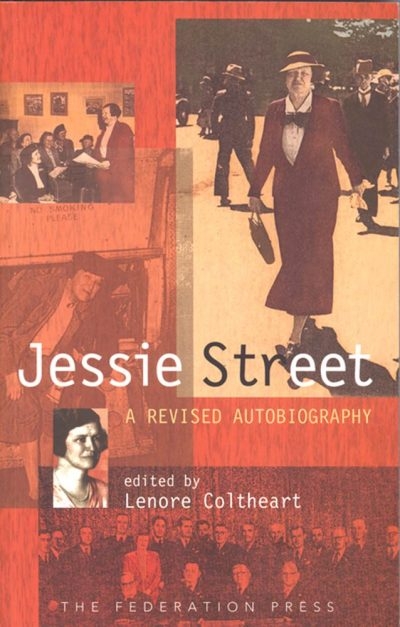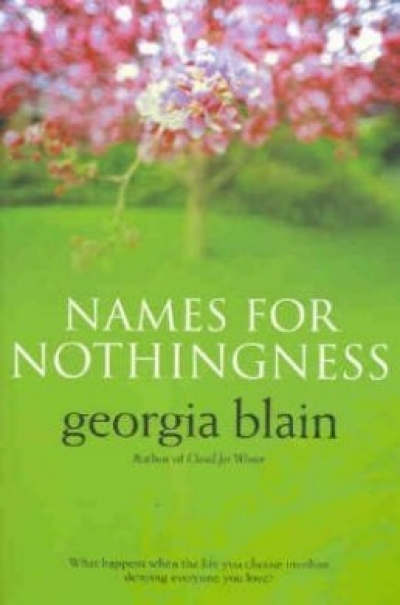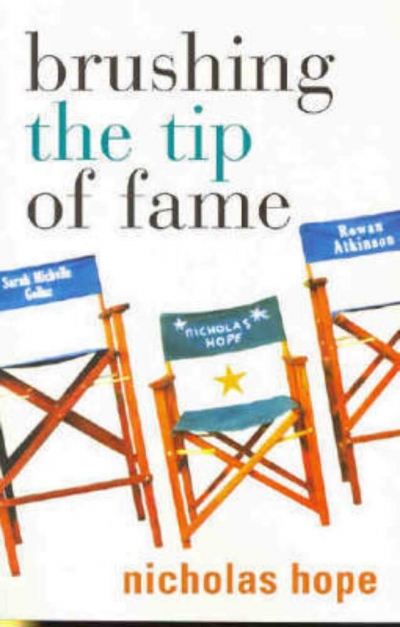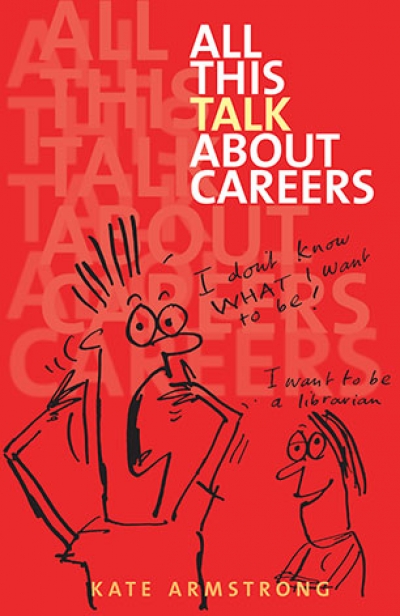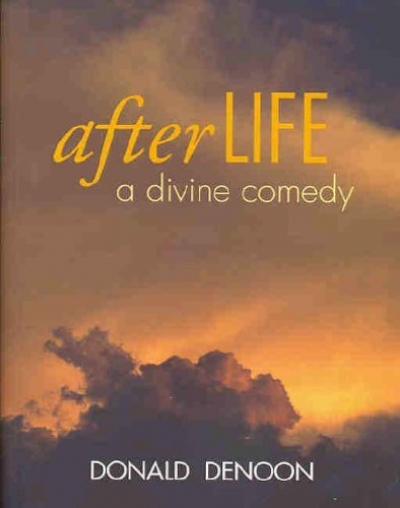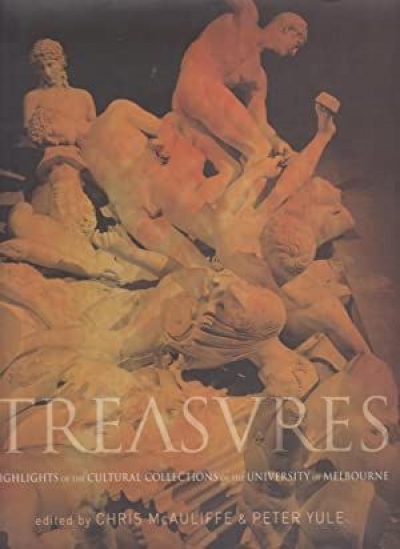Review
Jessie Street: a revised autobiography edited by Lenore Coltheart
Proof & Truth: The humanist as expert edited by Iain McCalman and Ann McGrath
All This Talk About Careers by Kate Armstrong & Surviving Year 12 by Michael Carr-Gregg
At times like these, we would be churlish to forget how much we have to thank Americans for. Apart from anything else, they have enriched the language with the enviable expressions and patentable phrases that other English speakers, even when they are irritated, still imitate. American English is usually empowered by both oral and moral certitude, even more so in wartime. ‘History,’ says President George W. Bush portentously, ‘has called us into action.’ ‘The good guys are us,’ General Tommy Franks memorably declares just before the invasion of Iraq, warning President Bush: ‘We’re going to be suboptimised.’ Donald Rumsfeld says his bombers aren’t running out of targets, Afghanistan is. He doesn’t want diplomacy to divert the US from the coming war, so his plan is ‘to dribble this out slowly’. Vice-President Cheney assures the Saudi Ambassador, Prince Bandar: ‘Once we start, Saddam is toast.’ Then, as the troops go in, ‘Just keep praying’, Condoleeza Rice urges her colleagues. ‘Mission accomplished’, the banner reads on 1 May 2003, on board the Abraham Lincoln. ‘Ladies and gentlemen, we got ’im,’ Paul Bremer hubristically tells the press after the capture of Saddam Hussein. But what CIA Director George Tenet calls ‘the price of being wrong’ is rising.
... (read more)

